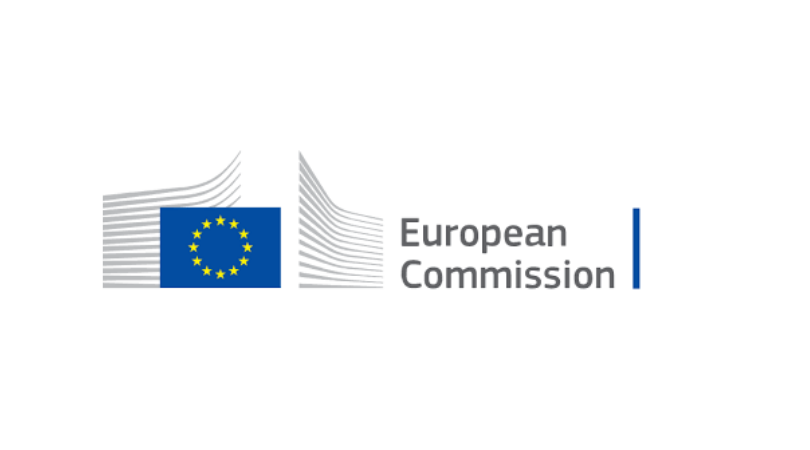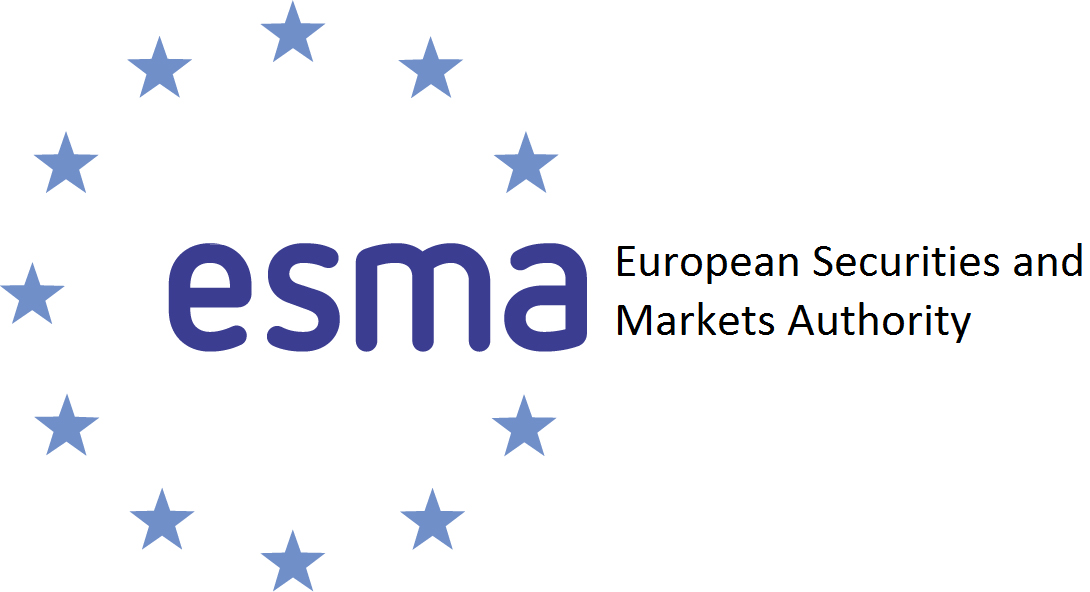Billions of euros worth of ETFs downgraded from Article 9 to Article 8 under the Sustainable Finance Disclosure Regime (SFDR) could be re-upgraded by asset managers after the European Commission delivered a long-awaited clarification on the regulation.
Almost all ETFs tracking Paris-Aligned Benchmark (PAB) and Climate Transition Benchmark (CTB) indices have been reclassified over the past six months after being deemed unlikely to meet the 100% sustainable investment requirements outlined under ‘level 2’ of SFDR.
However, responding to questions put forward by the European Supervisory Authorities (ESA) last September, the European Commission said both benchmarks are deemed to provide ‘sustainable investments’.
“Under Article 9 of SFDR, products tracking PAB or CTB, often based on portfolios of shares or bonds of companies, are deemed to make sustainable investments,” the European Commission said.
Commenting, Hortense Bioy, global director of sustainability research at Morningstar, said the update could mean Article 9 – often referred to as ‘dark green’ – will be diluted as ETFs tracking PABs and CTBs are upgraded.
“What is going to happen to all the ETFs and index funds that were recently downgraded from Article 9 to Article 8? They may be reclassified as Article 9, meaning it will not be a dark green category after all,” she said.
Bioy added the decision will leave investors “completely confused”.
Asset managers had left the door open to re-upgrade their ETFs following the initial round of reclassifications, with the European Commission’s latest update seemingly giving them license to do so.
It comes as the executive arm of the European Union said it would not be introducing a minimum standard for ‘sustainable investments’, instead allowing asset managers to set their own standards.
Despite this, the European Commission said asset managers “should exercise caution” when measuring the key parameters of ‘sustainable investment’.
The move ensures SFDR will remain a disclosure regime, not following in the footsteps of the UK’s Sustainable Disclosure Requirements (SDR) giving funds investment labels.
“There will be a sense of relief in the asset management industry as the European Commission decided it will not introduce minimum standards,” Bioy said. “Transparency will be key.”
However, some disagreed noting the continued absence of detailed sustainability standards.
Stephane Kippe, head of ESG research at Commerzbank, said: “I do not think asset managers will be too relieved. While regulatory risk has been reduced, the absence of explicit sustainability standards still leaves them with legal and reputational risk in case their investment strategies come under suspicion of greenwashing.
“Ironically, the only products explicitly greenlighted by the European Commission, PAB and CTB tracking funds, are based on benchmarks with explicit sustainability thresholds, prescribed by the regulator.”
Despite the admission it would not introduce minimum standards, the potential incoming of the European Securities and Markets Authority (ESMA) ESG fund naming rules would likely see sustainable investment thresholds for Article 8 and Article 9 introduced.
Last week, the ESA proposed “significant” changes to the way asset managers disclose the sustainable characteristics of their funds in a bid to address current weaknesses within the framework.
It has been suggested the European Commission could consider scrapping Article 9 funds entirely amid a lack of clarity and growing fears of greenwashing.
The European Commission is expected to conduct a broader review of the SFDR legislation later this year.




